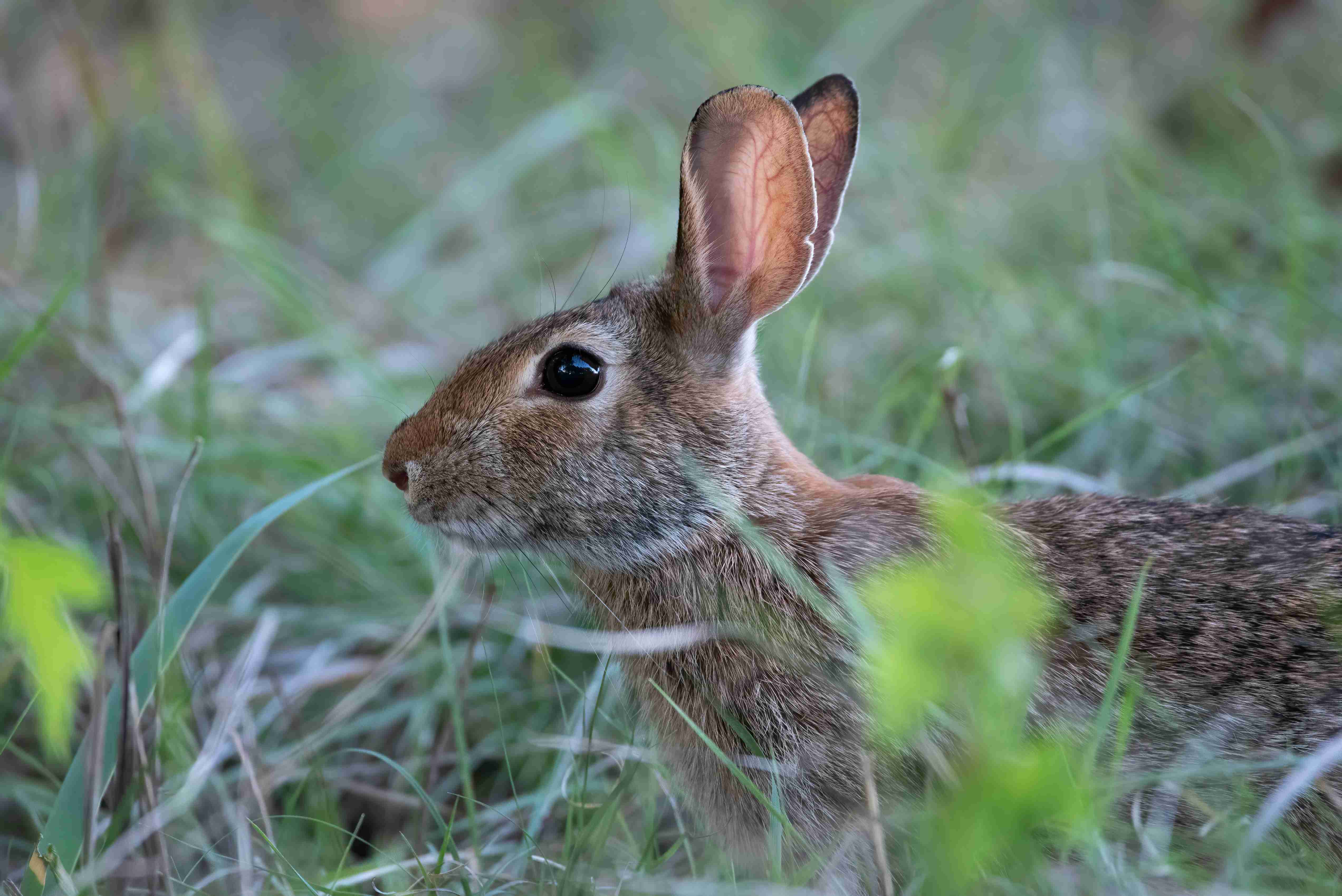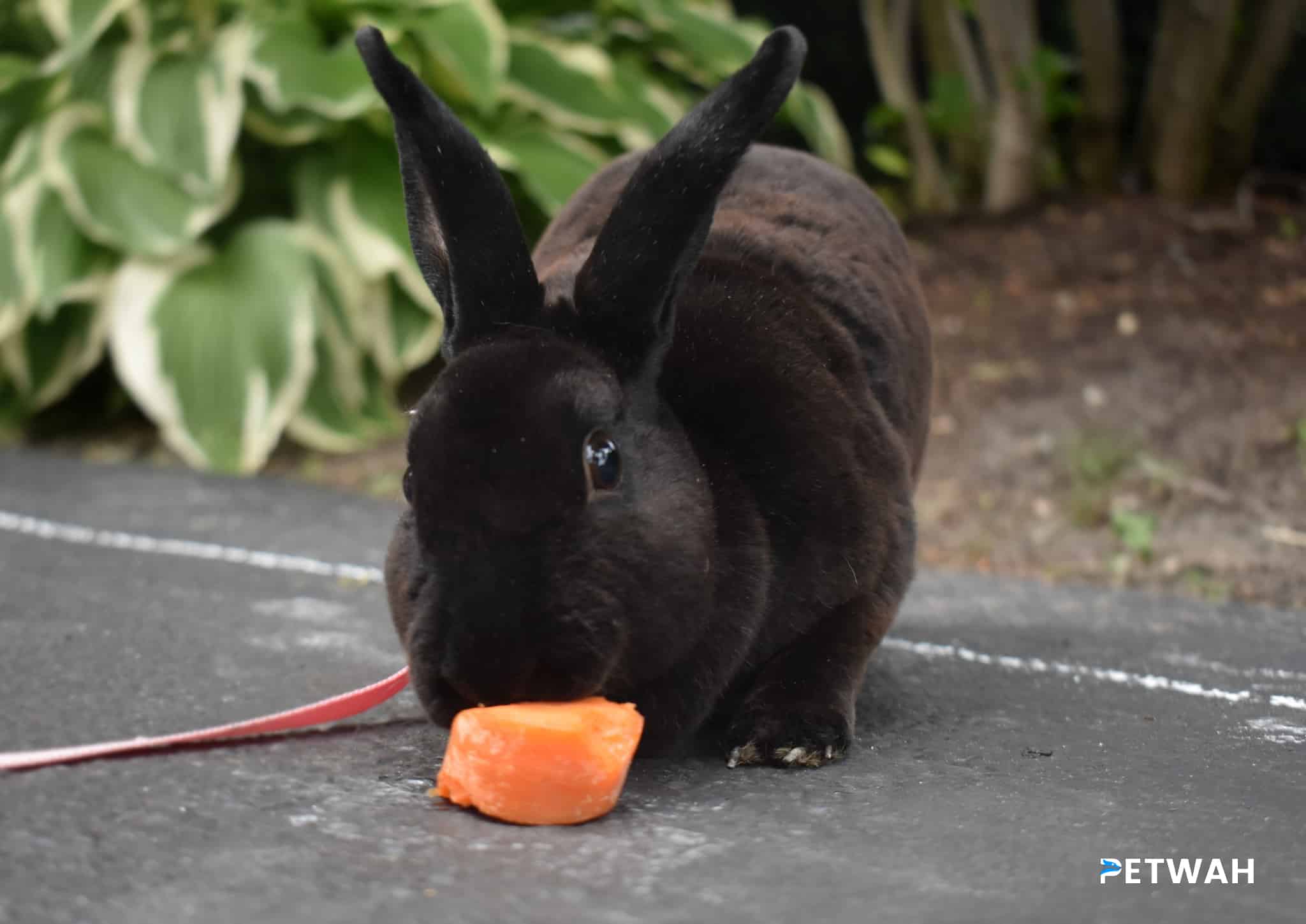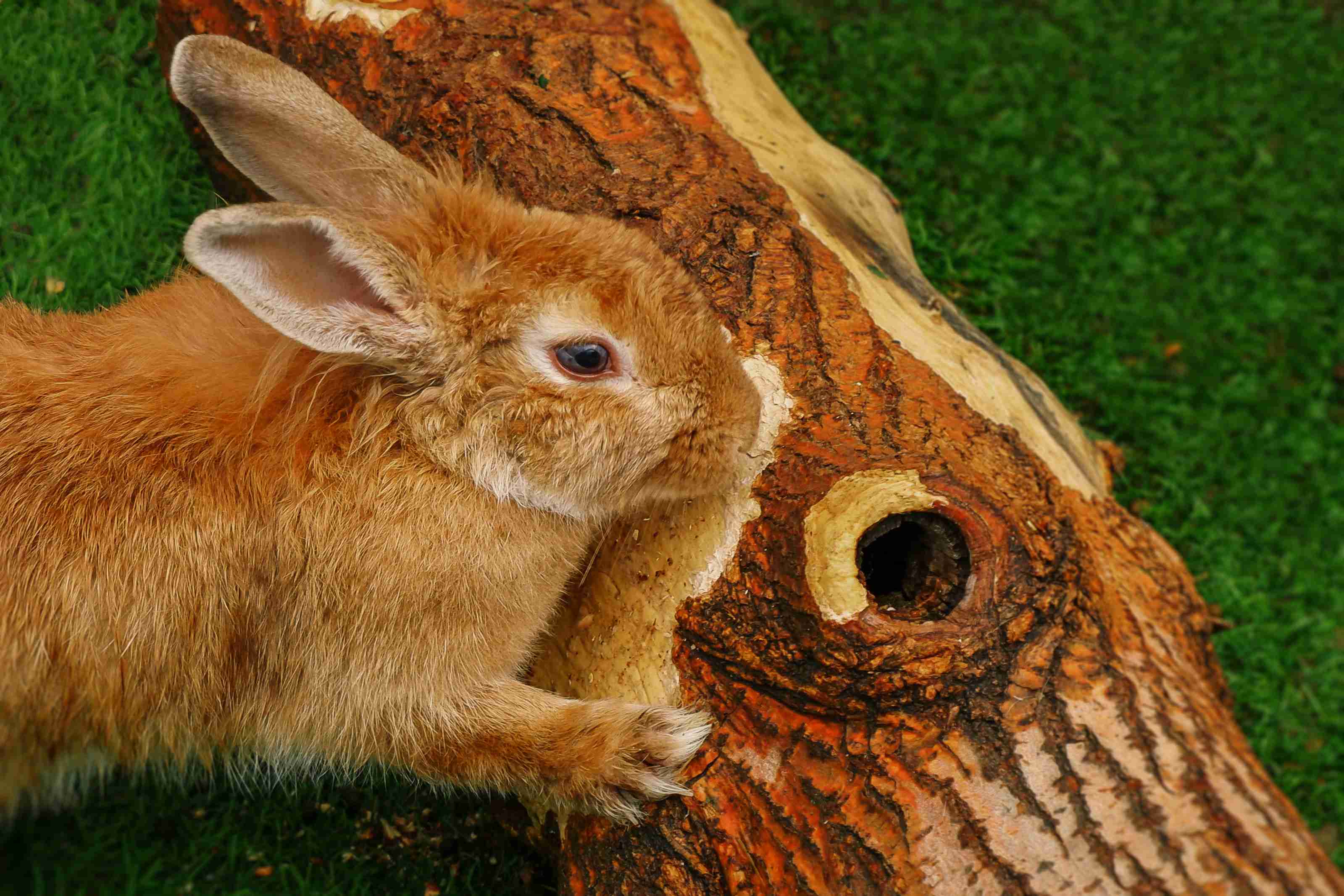Rabbits are adorable and lovable pets that bring joy and companionship to their owners. However, just like any other animal, they can experience stress, which can lead to serious health problems if left unaddressed. As responsible pet owners, it is our duty to ensure that our furry friends are healthy and happy. One way to do this is by knowing the signs of stress in rabbits and taking steps to prevent them. In this post, we’ll discuss the top 10 tell-tale signs of stress in rabbits, as well as practical tips on how to spot and prevent them. So, if you own a rabbit or planning to get one, keep reading to learn how to keep your furry friend stress-free and healthy.
Rabbits are adorable creatures that make great pets. They are generally easy to take care of and can be quite sociable with their owners. However, just like any other pet, rabbits can experience stress. Stress in rabbits can be caused by a variety of factors, including changes in their environment, illness, or lack of socialization. In this article, we will discuss ten tell-tale signs of stress in rabbits and how to prevent them.
1. Lack of Appetite
One of the most common signs of stress in rabbits is a lack of appetite. If your rabbit is not eating or drinking as much as usual, it may be a sign that something is wrong. This could be due to stress, illness, or other factors. It is important to monitor your rabbit’s eating habits and seek veterinary care if necessary.
2. Aggression
Stress can cause rabbits to become aggressive. They may bite, scratch, or growl at their owners or other animals. This behavior can be dangerous and should be addressed immediately. If your rabbit is showing signs of aggression, it may be a sign of stress or a medical issue.
3. Hiding
Rabbits that are stressed may hide more often than usual. They may retreat to their hutch or a quiet corner of the room. This behavior is a natural defense mechanism for rabbits, but it can also be a sign that they are not feeling well.
4. Excessive Grooming
Rabbits that are stressed may groom themselves excessively. This behavior can lead to fur loss, skin irritation, and other health problems. If you notice your rabbit grooming itself excessively, it may be a sign of stress.
5. Unusual Posture
Stressed rabbits may adopt unusual postures, such as crouching or lying flat on the ground. They may also hunch their shoulders or tuck their ears back. These postures can be a sign that your rabbit is feeling threatened or anxious.
6. Vocalization
Rabbits that are stressed may make unusual sounds, such as whimpering or growling. They may also thump their hind legs on the ground. These vocalizations can be a sign that your rabbit is feeling uncomfortable or threatened.
7. Inactivity
Stressed rabbits may become less active than usual. They may spend more time lying down or sleeping. This behavior can be a sign that your rabbit is not feeling well or is experiencing stress.
.jpg)
8. Urine Spraying
Rabbits that are stressed may spray urine to mark their territory. This behavior can be a sign that your rabbit is feeling threatened or anxious.
9. Digestive Problems
Stress can cause digestive problems in rabbits, such as diarrhea or constipation. These issues can be dangerous for rabbits and can lead to dehydration and other health problems.
10. Lack of Interest in Play
Rabbits that are stressed may become less interested in playing or interacting with their owners. This behavior can be a sign that your rabbit is not feeling well or is experiencing stress.
Preventing Stress in Rabbits
There are several ways to prevent stress in rabbits. These include:
1. Providing a safe and comfortable environment for your rabbit.
2. Providing plenty of fresh water and a balanced diet.
3. Ensuring that your rabbit gets enough exercise and socialization.
4. Regularly cleaning your rabbit’s hutch or living area.
5. Providing toys and other enrichment activities for your rabbit to enjoy.
6. Monitoring your rabbit’s behavior and seeking veterinary care if necessary.
Conclusion
Stress is a common issue for rabbits, but it can be prevented and treated. By paying attention to your rabbit’s behavior and providing a safe and comfortable environment, you can help prevent stress in your furry friend. If you notice any signs of stress in your rabbit, it is important to seek veterinary care as soon as possible. With proper care and attention, your rabbit can live a happy and healthy life.
In conclusion, understanding the signs of stress in rabbits is crucial for their health and well-being. As pet owners, it is our responsibility to provide them with a safe and comfortable environment that meets their physical and emotional needs. By keeping an eye out for these tell-tale signs and taking appropriate action, we can prevent stress in our furry friends and ensure they live happy, healthy lives. Remember, a little extra care and attention can go a long way in keeping our beloved bunnies stress-free and thriving.


.jpg)


.jpg)

